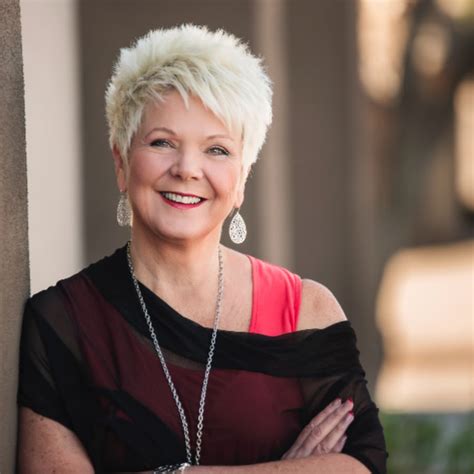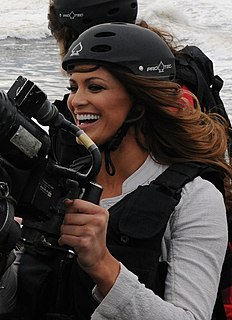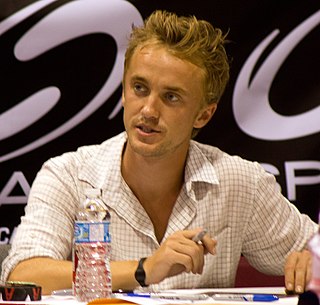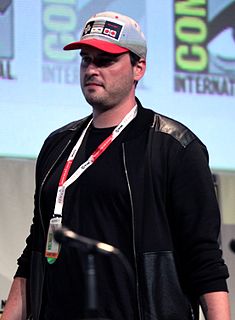A Quote by Scott Derrickson
People always complain that superhero movies end with a big fight scene where they're tearing up a city, and there's a portal opening up, and they have to close it... I wanted to have a climactic scene that subverted those familiar ideas.
Related Quotes
I really like the Chris-R scene and of course the "you are tearing me apart Lisa" scene. The reason I love the Chris-R scene is because we worked really hard to finish it. It's not just that though, it brings people together. Everyone is one the roof together by the end of the scene. You see the perspectives of the different characters. I feel like with all the connections in this scene that the room connects the entire world
A "portal" is an opening (door, window, or opening). A heavenly portal or a glory portal is a heavenly opening through which God's goodness manifests. I have seen a portal in a vision and it was a circular opening where a column of light poured down into the earth. There were angels ascending and descending.
I've begun to believe more and more that movies are all about transitions, that the key to making good movies is to pay attention to the transition between scenes. And not just how you get from one scene to the next, but where you leave a scene and where you come into a new scene. Those are some of the most important decisions that you make. It can be the difference between a movie that works and a movie that doesn't.
The ACLU spent this entire holiday season protesting public displays of the nativity scene. Yeah, that's the problem with America right now: Public displays of Christ's birth, that's the problem. It's unbelievable to me. The ACLU will no longer fight for your right to put up a nativity scene, but they'll fight for the right of the local freak who wants to stumble onto the scene and have sex with one of the sheep.





































